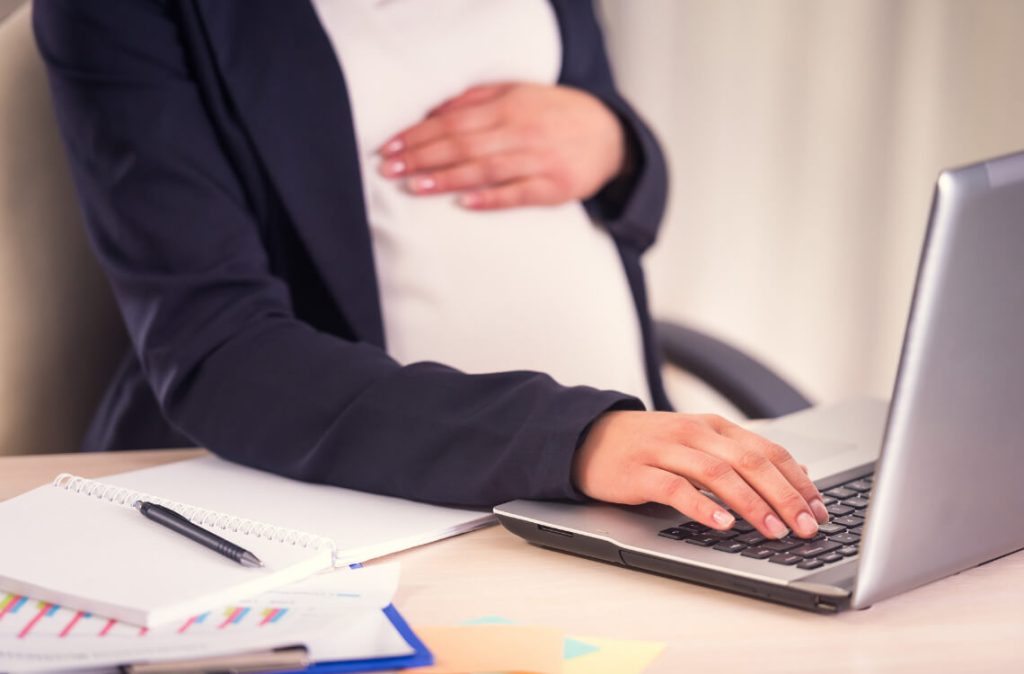Good news for mums and dads! The Employment (Amendment) Bill 2021 which deals with maternity and paternity leaves, has been passed by Dewan Negara on March 30, 2022. With its implementation, both mum and dad will be granted more peace of mind in taking care and bonding with their new baby.
Maternity & Paternity Leave
Maternity leave, which has previously been 60 days, has been raised to 98 days for all women regardless of wage, while paternity leave, something that dads never had before, has been fixed at 7 days for each confinement, up to a total of five confinements, irrespective of the number of spouses.
Deputy Human Resources Minister Datuk Awang Hashim said the rationale for introducing paternity leave was to allow more space for male workers to manage their family affairs after welcoming their new babies.
He said that increasing the maternity leave period from 60 to 98 days was to ensure that women employees got enough rest while allowing for the strengthening of the mother-child relationship.
“This increase also takes into account the factor that most neighbouring countries have given 90 days or more maternity leave, for example, Indonesia, which gives 90 days, South Korea also gives 90 days and our trading partner, Japan gives 98 days,” he said, adding that the benefits of maternity leave could provide protection to women workers while attracting their participation and keeping them in the employment sector.
More Flexibility
The new amendments also prohibit the termination of female employees who are pregnant or who are suffering from illness arising out of her pregnancy. She can be terminated, but the employer must prove that it was on grounds relating to misconduct, wilful breach of the employment contract or closure of business.
Furthermore, Section 37aa of the amended bill permits any woman (including those entitled to maternity leave pay) to return to work during her maternity leave. If the woman feels that she can return to work any time before 98 days is up, she can choose to do so. However, women should not be coerced by the employer to return to work early.
All these amendments, including sexual harassment protections and provisions for flexible working hours, extend to all employees regardless of salary earned.
One mum and one mum-to-be share their thoughts about the new Employment Act amendments, vis-à-vis maternity leave.
Dorcas Choy (37), a Sales Manager at a large retail store is thankful for the additional 38 days of maternity leave. A mother of one child who is currently 3, she says, “Actually 60 days is really not enough, especially for a new mum. We need at least one month to recover from delivery and for our bodies to repair and restore itself.
“The first few weeks are the most hectic. We have to adapt to breastfeeding, new routines and all the changes in the household that are required to get used to the new family member and of course, to life as a new mother.
“So, the extra time will be most beneficial to us.”
As for the husband who now has paternity leave, “he can at least help out with all the other chores that still needs doing in the house without worrying about taking days off from his annual leave. Our body is the weakest in the first week after delivery.”
Vivi Tang (32), who works as a Marketing Manager, is a soon-to-be first-time mum. Having tied the knot a few months back, she is currently 3 months pregnant and naturally very excited about her first pregnancy.
“With every month getting closer to delivery, I feel like I’m not prepared for a newborn,” she says.
Definitely the first month of maternity leave will be just for recovery,” she feels while the second month for a new mum like her, will be about learning the ropes of motherhood, and being hands-on and taking care of the newborn herself.
“I feel the third month onwards is when my husband and I will have to adjust to this new norm of parenthood. If I don’t have a full-time job and a paying maternity leave, I will start to feel financial pressures by the second month.”
She says her husband keeps saying that it is okay even she didn’t have a job while they had the baby, “but I know that deep down inside, having paid maternity leave will lessen a lot of his burden.”
She’s very glad for Section 37aa because she says she’s a workaholic. “I don’t mind coming back to work from the second month onwards. A lot will depend on the situation as it arises, “but it’s good to have the option, knowing that I can choose if I want 2 months or 3 months of maternity leave.”
Her friends working in the telco and banking industries have 6 months of maternity leave, where 3 months are fully paid and 3 months are partially paid.
“So it’s quite a standard practise for banks and telco companies,” she says.
The amendments to the Employment Act 1955 (Act 265) are seen as a move in the right direction. As Awang says of the Employment (Amendment) Bill 2021, “The main objective of the Employment (Amendment) Bill 2021 is to increase and improve the protection and welfare of workers in the country.
“The bill also seeks to ensure that the provisions of national labour laws are in line with international labour standards as outlined by the International Labour Organisation (ILO).”
For more insightful stories and children care tips, stay tuned to Motherhood Story!
